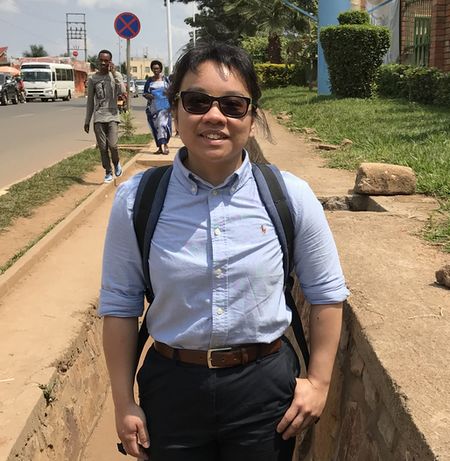“African Renaissance”: Reconsidering the values of traditional approaches to education in post-colonial Rwanda
Pui Ki Patricia Kwok
University of Cambridge, United Kingdom
Sam Mchombo, University of California, Berkeley, USA
Following the international commitment to improving access to schooling, recent years have witnessed a shifting concern towards “quality education”. Although multiple benchmarks of “quality education” have been spelled out by international authorities, under the global quest for performativity and accountability, the more quantifiable aspect such as student performance is often prioritized as a key proxy for quality. Nevertheless, despite devoting much to improving teacher qualification and classroom resources, performance remains poor in many African classrooms. Many children remain “out-of-school” especially when schooling lacks relevance to local life. This paper thus aims at focusing on the qualitative aspects by first problematizing a predominant assumption that education has its purpose narrowly reduced to modernization and economic development. In post-colonial era, the deeply entrenched belief still sees the Eurocentric approach including language and values as the essential, if not the only pathway towards modernity. Next, drawing from empirical data collected from interviews with Rwandan educational historians and officials, findings reveal a recent resurgence of itorero and its related vision, which was associated with the educational practice in pre-colonial era. More local values are also re-introduced in formal education through the competence-based curriculum reform. These culturally-responsive “home-grown” initiatives, despite inevitably incorporating inter alia frequently contested socio-political issues of peacebuilding and national identity, draws important implication on the schooling-education divide. The notion “education” traditionally includes nurturing whole-personal development, communal relations, identity, and local values through a holistic and dialogical pedagogical approach. This helps to debunk the stereotypical connotations attached to “traditional” or “indigenous” education as “backward” or “primitive”, or even being antithetical to contemporary development. Especially for post-conflict contexts like Rwanda, the re-emphasis on traditional philosophy and practices, which factor in the cultural and moral dimensions, encourages further reflection on the multiple facets of “quality education”.

